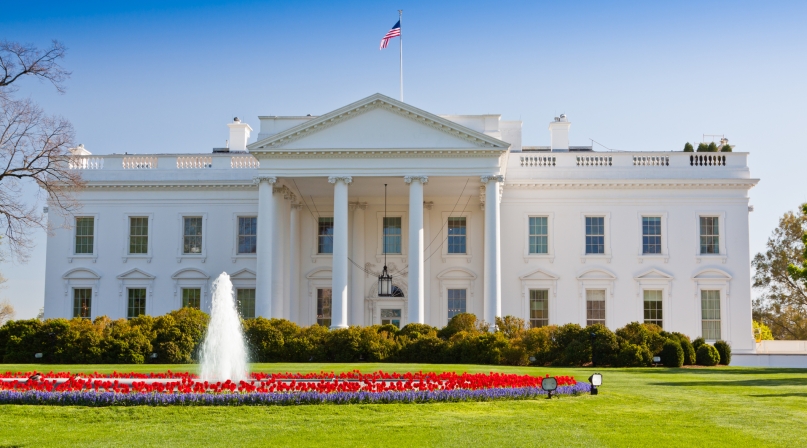Biden administration releases drug policy priorities for year one
Author

Blaire Bryant
Upcoming Events
Related News

Key Takeaways
On April 1, the Biden administration released its drug policy priorities for its first year. The policy priorities emphasize racial equity and expanding access to prevention, harm reduction, treatment and recovery services while reducing the supply of illicit substances. As concern grows over the COVID-19 pandemic’s long-term impacts on substance use, the administration’s first year drug policy priorities provide an indication of how the federal government will approach the overdose and addiction epidemic moving forward. The administration’s drug policy is particularly significant for counties, who invest $100 billion annually in community health systems, including behavioral health services, and play a critical role in preventing and addressing substance use issues at the local level.
The release of the administration’s policy priorities comes as overdose deaths reach a record level. In the twelve month period ending in August 2020, more than 88,000 individuals died from an overdose, a 26.8 percent increase over the previous year, according to provisional data from the Centers for Disease Control and Prevention.
The Biden administration is seeking to address this crisis through a seven-part strategy, made up of the following policy priorities:
- Expanding access to evidence-based treatment;
- Advancing racial equity issues in its approach to drug policy;
- Enhancing evidence-based harm reduction efforts;
- Supporting evidence-based prevention efforts to reduce youth substance use;
- Reducing the supply of illicit substances;
- Advancing recovery-ready workplaces and expanding the addiction workforce; and
- Expanding access to recovery support services.
Within these policy priorities are several issues of importance to counties, including addressing provider shortages, utilizing the Drug-Free Communities Support Program to enhance culturally competent prevention programs and expanding access to employment for people in recovery from addiction.
The administration’s drug policy priorities also seek to advance racial equity, in part by addressing inequities in the criminal justice system and President Biden has stated that people should not be incarcerated for drug use but offered treatment instead. Counties support efforts to divert individuals with substance use disorders from the criminal justice system, and urge the federal government to provide funds to encourage counties to development and implement treatment-based alternatives to local incarceration for nonviolent offenders whose core issue is substance use and addiction.
The Biden-Harris administration commits to partnering with local governments throughout several of its policy priorities. NACo applauds this commitment to strengthening the intergovernmental partnership between the federal and local level, and looks forward to working with the administration moving forward. We will continue to track regulatory changes, funding opportunities and other relevant updates that advance county priorities in the area of behavioral health and substance use.
Additional Resources
Resource
Certified Community Behavioral Health Clinics and County Governments

Related News

HHS Secretary Kennedy touts fixes for obesity, chronic illness, mental health issues
Counties can help improve health outcomes by prioritizing prevention over treatment, Robert F. Kennedy Jr., secretary of the U.S. Department of Health and Human Services told NACo Legislative Conference attendees.

Information-sharing bill could protect court workers
The Countering Threats and Attacks on Our Judges Act could provide more than 30,000 state and local judges with access to security assessments, best practices and a database of threats made against colleagues in the justice field.

California counties fight agricultural crime
Sheriffs' offices and prosecutors in California's central valley make specific efforts to prevent and prosecute crimes against the agricultural community.
